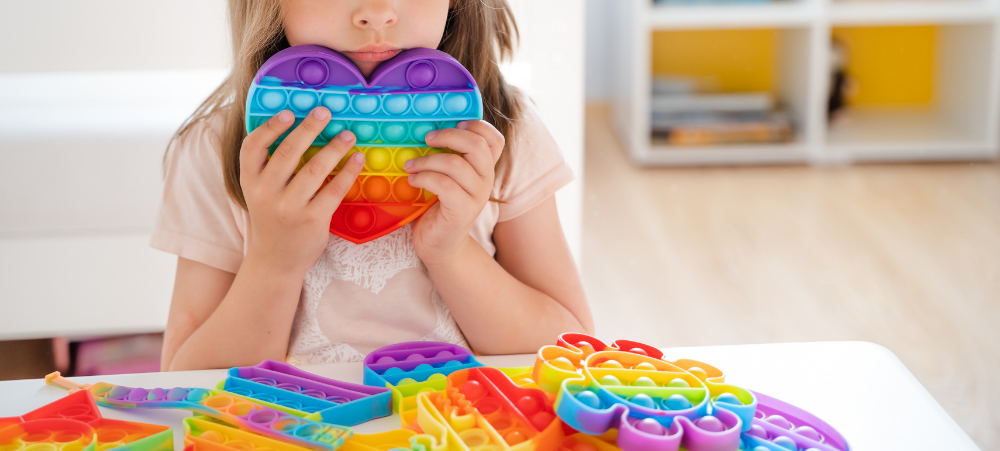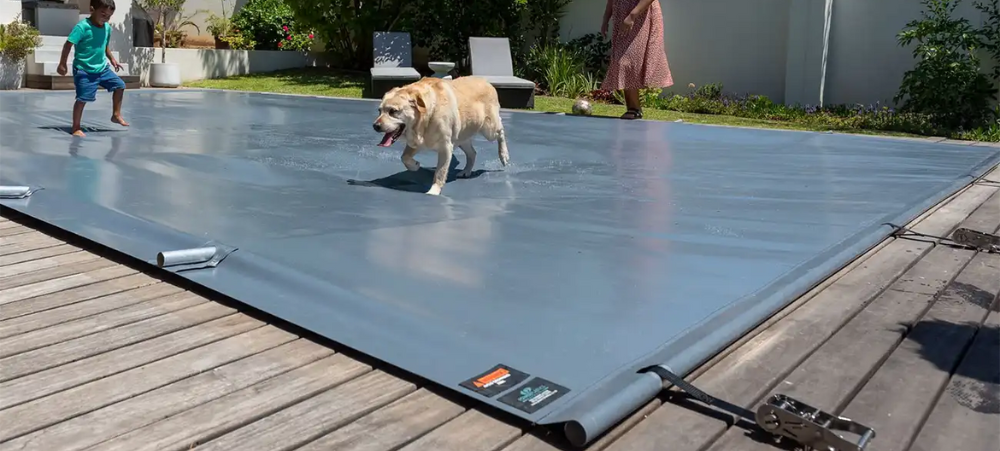Although I cherish parents of all children, those responsible for raising special needs children and teens are courageous adults who somehow make it through each day. They are tasked with greater challenges and frustrations than other parents. They are not always able to get to school related and networking events because they are probably scheduling and driving to extra appointments for their children. And finding someone to step in for them so they can have a break is not quite as easy as it may be for other parents.
These ‘other‘ parents I speak of are those with children without special needs. But parents of children with special needs have additional, unique opportunities that put them in survival mode for getting through each day and spending any extra time they can find at researching the disorders and medical conditions that their precious child arrived with.
I am writing this article with some personal experience as my granddaughter was diagnosed with severe attention deficit hyperactivity disorder at a very early age. I helped my daughter care for that sweet little girl in the first few years and remember well all of the challenges my daughter faced. And although my wife’s oldest son was never officially diagnosed, he demonstrates the classic behaviours associated with Asperger’s Syndrome. I’ve heard all of her stories of the extreme challenges he provided to her in his early years, and see those behaviours now in adulthood.
Here are my top tips for caregivers of children with special needs. The first two are not at the top of the list by accident. Giving these first two priority over the others will increase your success at implementing the rest:
Create time with your non-special needs children. Make extra time for your children that do not have special needs to reassure them that they too are loved and are special in their own ways. Seeing their sibling receiving special attention can generate jealousy and drive them to act out and behave in their own challenging ways.
Take extra care of yourself. What will keep you going longer and stronger is your own charged batteries. Take time out for you whenever you can and avoid living according to the standards others may try to set for you.
Get organised to make things easier. Use an easy-to-update calendar to keep track of all special appointments and medications. Keep it readily available and readable for those who may come in and offer you relief.
Stay organised. When behaviour issues or tantrums occur, that is NOT the time to go in search of items you might need to get the children (or others) ready for events and for transitions. Setting up clothing, lunches and supplies the night before will keep things moving in the morning.
Stay on top of your child’s IEP. Although the school is responsible for ensuring that all components of the plan are carried out, don’t wait for the school to follow up. Keep it up to date and request reports on progress as needed. See that your child is reevaluated every three years (or at intervals outlined in your child’s plan).
Create routines for you and your child. Although all children do better with sameness and routine, those with disorders need it for self-soothing and comfort. Both you AND your child will benefit by creating patterns that everyone involved can expect and look for.
Challenging behaviour may be communication. Whether a child has special needs or not, resistance, meltdowns and tantrums are usually the child’s way of telling you that something is wrong. Remain calm and do your best to understand what might be the trigger of sudden change in behaviour.
Provide physical activities often. The more that we provided physical stimulation for my granddaughter; the easier it was to acquire her cooperation later in the day. I spent many afternoons at activity centres where she could climb, run and jump.
Remain calm and move forward with intent. When your child’s emotions erupt, you must be the ‘lighthouse in the storm.’ Remaining calm can influence your child to calm down sooner. Avoid allowing them to change your mind or your purpose in the moment. Remain quiet, be still for a moment and ease them into the transition.
Speak in a quiet tone often. Auditory sensory issues can disrupt peacefulness and cooperation without warning. Gaining the attention of many special needs children more effectively means teaching others around the child to speak softly with low volume.
Make bedtime routines a high priority. Adequate sleep is critical for children with special needs and increases the success of working with them the following day. Create as much routine as you can around bedtime events so they will ease into the sleep schedule in a timely fashion.
Avoid sensory overload when meltdowns could occur. Knowing your child means being able to predict when the conditions are right for the possibility of a meltdown. When these conditions occur, shut down or reduce audible or visual chaos that could bring on a meltdown.
Plan ahead. Packing backpacks or putting out clothes the night before can help keep everyone on schedule by creating expectations and minimising surprises. This means having to stay five steps ahead, knowing what you and your child will need for the coming appointments/events.
Surround yourself with encouraging people. Although we should all take this one to heart, parents of special needs children need an encouraging circle even more. Remove toxic and unsupportive people from your life and hang out with those who support you.
Use visual timers and schedules. When a special needs child can see a change approaching, the caregiver is more likely to get the cooperation she needs in moving the child forward. TimeTimer.com and Schkidules.com are two of my favourite resources for these products.
Pick your battles. If you find your child having a fit because she doesn’t like the way an item of clothing fits or the existence of a tag or waist band, don’t fight with them. Find something else for her to wear. Being right is less important than reserving your strength for other challenges to come that day.
Have an iPod ready to go. Finally, although I don’t normally suggest this for all children, an iPod with peaceful and calm music and videos has been reported to me by some parents to sooth a child in moments notorious for bringing on meltdowns and tantrums.
- Four Questions to Ask Before You Discipline - November 21, 2025
- Four Classic Reasons a Child Misbehaves - November 18, 2025
- Kids Behaving Badly When Mom’s In Charge - November 12, 2025






1 thought on “20 Tips for Caring for Special Needs Children”
Thank Dear, It is very helpful post